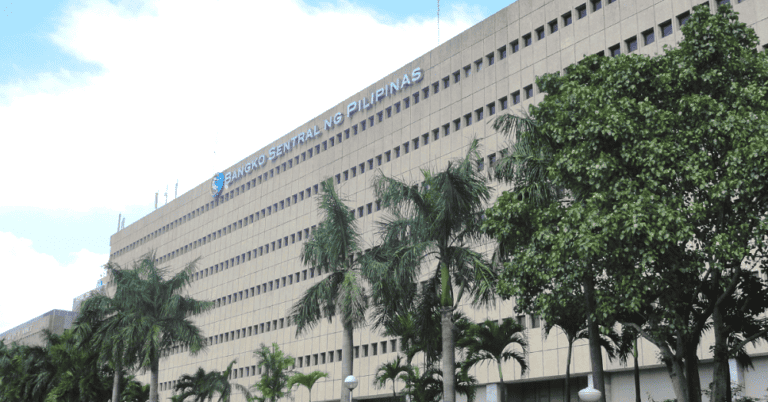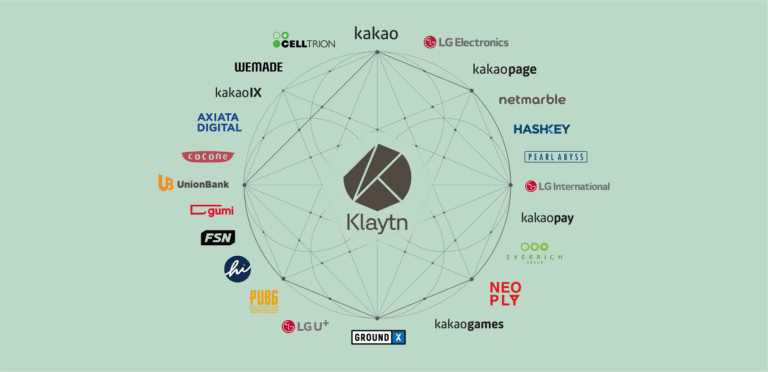[Event Recap Part 1] Advantages of Blockchain in Automated Elections
Blockchain expert Paul Soliman discusses with the COMELEC how blockchain and NFTs can be used to secure automated elections in the Philippines.
![[Event Recap Part 1] Advantages of Blockchain in Automated Elections 1 Photo for the Article - [Event Recap Part 1] Advantages of Blockchain in Automated Elections](https://bitpinas.com/wp-content/uploads/2023/03/Blockchain-Elections-1.png)
Subscribe to our newsletter!
The Commission on Elections (COMELEC) recently held the 2023 National Election Summit where a breakout session on the “Use of Blockchain Technology in the Automated Election System” was conducted.
This is the first part of the two-part coverage of BitPinas on how Paul Soliman and Kenneth Stern presented the help of blockchain technology in front of COMELEC stakeholders for the upcoming national elections. You may check out part 2 here: Blockchain Integration in Automated Elections - COMELEC Raises Concerns
The session showcased the benefits of incorporating blockchain technology for the upcoming national elections and featured two speakers: Paul Soliman, CEO of BayaniChain, and Kenneth Stern, General Manager of Binance in the Philippines.
(Read main article: [Exclusive] COMELEC Conducts Session Exploring Blockchain Use in Automated Election)
![[Event Recap Part 1] Advantages of Blockchain in Automated Elections 2 Blockchain Elections](https://bitpinas.com/wp-content/uploads/2023/03/Blockchain-Elections-1024x536.png)
As the main speaker, Soliman first introduced web3 and its difference from webs 1 and 2 to the audience, as well as how blockchain works, the advantages of a decentralized system, the use cases of cryptocurrencies, non-fungible tokens (NFTs), and other basic information about the technology.
Advantages of NFTs
As Soliman’s talk got deeper, he began to discuss the advantage of NFTs as digital items that are permanent in the ledger, mentioning that the blockchain game Axie Infinity became the main driver of web3 adoption in the country because of Axies, the in-game NFTs of the game.
“NFTs can provide proof of attendance, degree earned, and other important information that will be stored on the NFT chain that cannot be altered or hacked into,” the CEO explained.
Soliman’s idea is basically to make NFTs that will serve as a receipt once the ballot has been cast at the Vote Counting Machines (VCMs). The receipt will contain the transaction number of the process, the date and time the VCM has noted the votes, the date and time the vote has been delivered to the municipal board, and more.
![[Event Recap Part 1] Advantages of Blockchain in Automated Elections 3 Photo for the Article - [Event Recap Part 1] Advantages of Blockchain in Automated Elections](https://bitpinas.com/wp-content/uploads/2023/03/Blockchain-Elections-3-1024x536.png)
Crypto Industry in the Country
Meanwhile, speaking about cryptocurrencies, Soliman suggested that the COMELEC could produce a utility token that could be used in elections, stating that it could operate for special functions during the election period.
He also stressed that the Philippines has a high potential to adopt crypto since two of the e-wallet giants in the country, GCash and Maya, now offer crypto services. The CEO further cited that, though there is a small percentage of Filipinos owning crypto, the industry can still help onboard the 34 million unbanked Filipinos recorded by the Bangko Sentral ng Pilipinas.
However, Soliman expressed that despite the country’s big potential, more Filipinos prefer using multinational or off-shore companies:
“At the end of the day, some companies that are not here in the Philippines are capitalizing on our usage.”
Aside from GCash and Maya, some other local exchange giants in the country include Coins.ph and PDAX.
Advantages of Using the Blockchain Technology in Automated Elections
According to Soliman, one of the advantages of using blockchain technology in elections is that the data is permanent and cannot be changed anymore, clarifying that once data has been tampered with, the ledger will tag it as corrupted.
The benefits of using blockchain technology in national elections, as presented by the CEO, are:
- Immutable and tamper-proof record of votes: The blockchain creates an unalterable ledger of all votes cast, making it difficult for anyone to manipulate the election results.
- Increased voters’ confidence: By using blockchain, voters can have confidence that their votes will be accurately recorded and counted, helping to build trust in the electoral process.
- Reduced cost: Using blockchain is expected to reduce the usage of paper as NFTs can function as proof of attendance, or a receipt as proof that the vote has already been cast.
“While blockchain is not a silver bullet for solving all the challenges in election systems, it offers a promising approach for improving the transparency, security, and trust in the electoral process,” Soliman added.
This is the first part of the two-part coverage of BitPinas on how Paul Soliman and Kenneth Stern presented the help of blockchain technology in front of COMELEC stakeholders for the upcoming national elections.
This article is published on BitPinas: [Event Recap Part 1] Advantages of Blockchain in Automated Elections
Disclaimer: BitPinas articles and its external content are not financial advice. The team serves to deliver independent, unbiased news to provide information for Philippine-crypto and beyond.
![[Event Recap Part 1] Advantages of Blockchain in Automated Elections 4 Photo for the Article - [Event Recap Part 1] Advantages of Blockchain in Automated Elections](https://bitpinas.com/wp-content/uploads/2023/03/Blockchain-Elections-2-1024x536.png)




![Isabel Laurel, Coinfemme [PH 2019 Crypto & Blockchain Year in Review] 9 Isabel Laurel, Coinfemme [PH 2019 Crypto & Blockchain Year in Review]](https://bitpinas.com/wp-content/uploads/2019/12/2019-Blockchain-and-Crypto-Philippines-4-3-1-768x402.png)

The idea and proposal to use blockchain technology are brilliant. However, the Philippine electorates consisting of 65 million voters must be educated first with the modern blockchain technology. This is only my opinion as a common Filipino citizen.